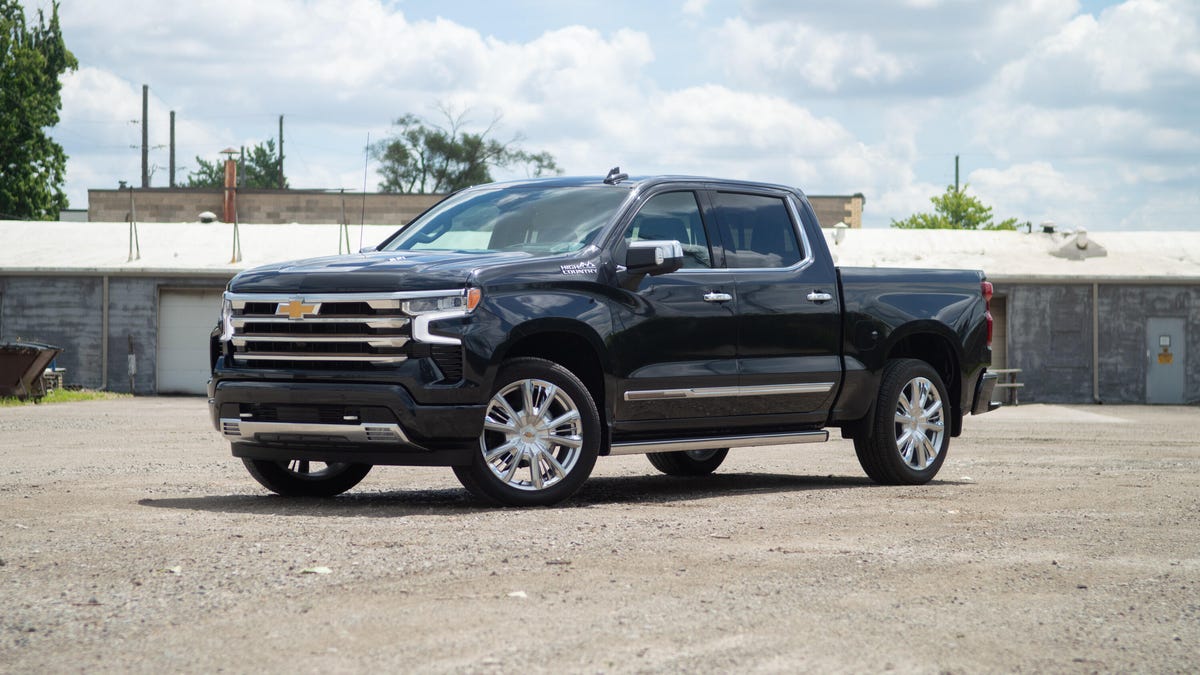GM Recalls 740,000 Vehicles Over Headlight Issues
Thankfully, a software update should fix the underlying problem.
It doesn't take much to run afoul of one of the many federal regulations that guide the auto industry. Something as seemingly innocuous as "too much light" can prompt an automaker to issue a pretty sizable recall, and what do you know, that's exactly what GM just did.
General Motors has issued a recall for approximately 740,000 vehicles. This list covers a large swath of the GM empire, including sedans, trucks and SUVs. Here's the full list:
- 2020-2023 Cadillac CT4
- 2020-2023 Cadillac CT5
- 2021-2021 Buick Envision
- 2022-2023 Cadillac Escalade/Escalade ESV
- 2022-2023 Chevy Silverado
- 2022-2023 Chevy Suburban
- 2022-2023 Chevy Tahoe
- 2022-2023 GMC Sierra 1500
- 2022-2023 GMC Yukon/Yukon XL
The issue comes from the software in the body control module. "Under a combination of certain pre-conditions," as GM states in the defect report it filed with NHTSA, the daytime running lights may stay on after the headlights have also been turned on. If this happens, it could cause an excess of glare that can increase the risk of a crash -- and it also violates Federal Motor Vehicle Safety Standard 108, which governs lamps and reflective devices.
GM was first made aware of the issue in October, when it was relegated to certain model-year-2021 SUVs. However, additional internal investigations discovered the software bug was not limited to those models. It was then, in early December, that GM decided to initiate a voluntary safety recall to nip the problem in the bud.
Thankfully, the fix isn't very complicated. GM technicians will update the body control module software, which will remedy the issue. It's unclear if some or all of these vehicles can receive the updated software via over-the-air updates, or if the cars will need to return to dealerships. GM will begin notifying owners about the steps to take in late January.


